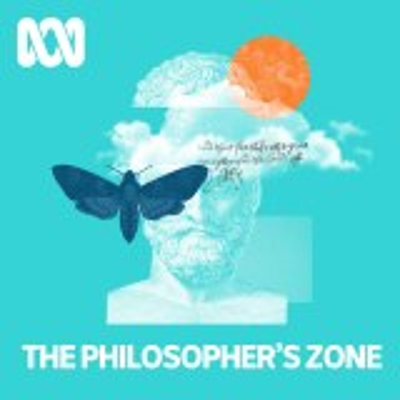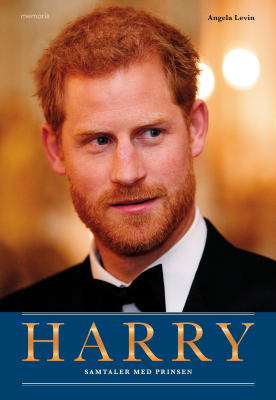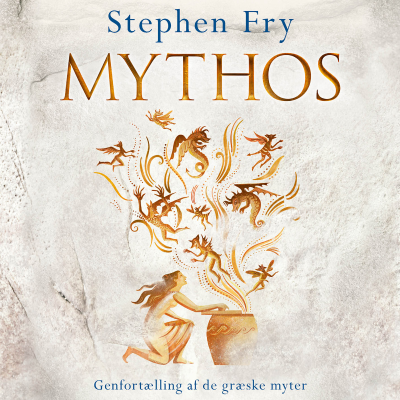
Philosopher's Zone
Podcast by ABC Radio
Start 7 days free trial
99 kr. / month after trial.Cancel anytime.

More than 1 million listeners
You’ll love Podimo and you’re not alone
Rated 4.7 in the App Store
About Philosopher's Zone
The simplest questions often have the most complex answers. The Philosopher's Zone is your guide through the strange thickets of logic, metaphysics and ethics.
All episodes
357 episodesPhilosophy is often thought of as proceeding via elaborate conceptual systems. But sometimes, a choice phrase is all you need to get you thinking.
We live in a society dominated by the aspiration to greatness, where the ancient ethical ideal of "the good life" is often framed in terms of wealth, fame and power. The notion that we might settle for a "good-enough life" seems oddly countercultural - but this week we're exploring the virtues of modest ambition, and the ways in which a relentlessly competitive social order can damage everyone, from the least to the most successful.
When philosophy turns its attention to music, it’s traditionally an exercise in high culture. Questions about the nature and function of music are often explored with reference to an established canon of “serious” music – while pop finds itself relegated to the margins. This week we’re getting serious about pop, and exploring the ways that the compositional and sonic structures of pop music reflect the social and political structures of the broader culture.
The 18th century British parliamentarian and philosopher Edmund Burke is routinely referred to as "the founder of modern conservatism", and at a glance it's not hard to see why. He believed in the authority of tradition and inherited values, staunchly opposed the French Revolution, and was in many ways out of step with the Enlightenment humanism of his day. But on closer inspection, Burke can look a little different. This week we're considering Burke as a reformer, even a progressive - and someone who would probably take a very dim view of the modern British Conservative party.
Modernity has us in a terrible bind. We know that our Western habits of growth and consumption are destroying the planet, and that we need to stop exploiting the natural world for our benefit. But at the same time, our very identity as modern humans is grounded in the notion of endless growth, self-determination and the domination of nature. The work of the 18th century German philosopher GWF Hegel provides a fascinating diagnosis of our condition. Can it also offer a cure?

Rated 4.7 in the App Store
Start 7 days free trial
99 kr. / month after trial.Cancel anytime.
Exclusive podcasts
Ad free
Non-Podimo podcasts
Audiobooks
20 hours / month

































